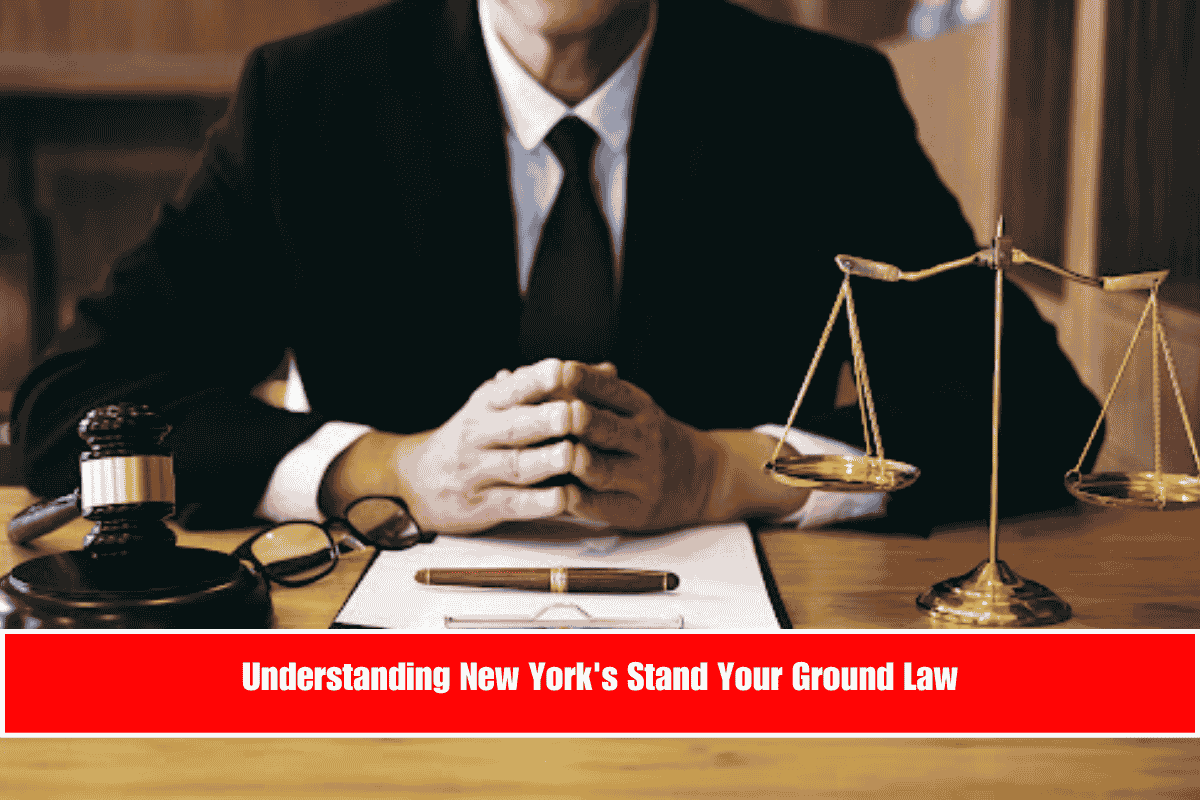No, New York does not have a Stand Your Ground law. Instead, New York follows what is known as a “duty to retreat” rule in most public places. This means that, outside of your home, you are legally required to avoid using deadly force if you can safely retreat from a confrontation.
Key Principles of New York Self-Defense Law
- Duty to Retreat:
If you are confronted with a threat in public, you must attempt to retreat to safety if it can be done with “complete personal safety” before resorting to deadly force. The law explicitly prohibits the use of deadly force when a safe retreat is possible. - Castle Doctrine:
The duty to retreat does not apply in your own home. If you are threatened with unlawful force inside your residence and are not the initial aggressor, you are not required to retreat before using force to defend yourself. This is commonly known as the “castle doctrine.” - Proportionality and Reasonableness:
Under Article 35 of the New York Penal Law, you may only use the amount of force that you reasonably believe is necessary to defend yourself or another person from imminent harm. Deadly force is only justified if you reasonably believe it is necessary to prevent death, serious physical injury, kidnapping, robbery, burglary, or certain sexual offenses. - Burden of Proof:
In criminal cases, the prosecution must prove beyond a reasonable doubt that the defendant was not justified in using force. In civil cases, the plaintiff must show by a preponderance of evidence that the use of force was unlawful.
How Does This Differ from Stand Your Ground States?
In “stand your ground” states, individuals have no duty to retreat before using deadly force if they are lawfully present, even in public places. New York, by contrast, requires retreat if it is safely possible, except when you are inside your own home. This distinction is important: failing to retreat when you safely could have may result in criminal charges or civil liability in New York.
Table: New York vs. Stand Your Ground States
| Principle | New York | Stand Your Ground States |
|---|---|---|
| Duty to Retreat (public) | Yes, if safe to do so | No |
| Duty to Retreat (home) | No (Castle Doctrine applies) | No (Castle Doctrine applies) |
| Use of Deadly Force | Only if necessary, proportional | If reasonably believed necessary |
| Burden of Proof | On prosecution/plaintiff | On prosecution/plaintiff |
Key Takeaways
- New York does not have a Stand Your Ground law.
- You must retreat from a threat in public if you can do so safely.
- You do not have to retreat in your own home (Castle Doctrine).
- Deadly force is only justified when necessary and proportional to the threat.
Understanding these distinctions is crucial for anyone considering self-defense in New York, as the legal consequences for failing to retreat when required can be severe.
Sources
- https://www.tsiglerlaw.com/blog/new-york-self-defense-laws/
- https://en.wikipedia.org/wiki/Stand-your-ground_law
- https://www.vitalianolaw.com/blog/new-york-self-defense-laws/
- https://giffords.org/lawcenter/state-laws/stand-your-ground-in-new-york/
- https://www.superlawyers.com/resources/criminal-defense/new-york/asking-questions-about-standing-your-ground-in-new-york/
















Leave a Reply